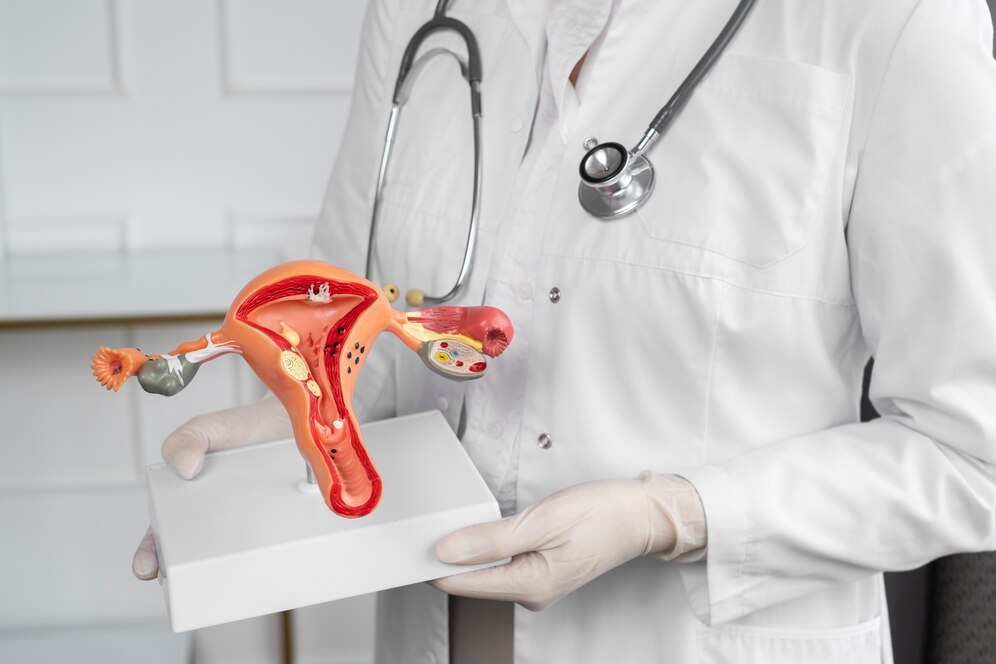Blog detail

Sensitive Topics Worth Mentioning To Your Gynaecologist
Many women find it difficult to talk about personal health concerns openly, especially where sensitive or private matters are involved. Their reluctance leads to the postponement of diagnosis and treatment, which can harm their health. It is very important to remember that a gynaecologist is the person tasked with your care whom you can fully trust to give you proper advice on major health issues. It's easy to be embarrassed about certain issues, but remember: when it comes to your health, there is nothing that is totally embarrassing or completely trivial. Here is a list of sensitive topics you shouldn't hesitate to share at the next gynaecology appointment.
1. Painful Intercourse
Many women will silently endure some discomfort during intimacy as if they need to just work through things. However, painful intercourse could indicate certain underlying medical conditions such as infections, endometriosis, hormone changes, or even psychological stressors. Sharing this experience with your gynaecologist allows them to arrive at a diagnosis, potentially recommend treatment, and increase comfort and health overall.
2. Menstrual Irregularities
Heavy periods, irregular cycles, or horrible cramps; for many women, this would simply be regarded as a nuisance. However, such symptoms may sometimes indicate conditions like polycystic ovarian syndrome, fibroids, endometriosis, or hormone imbalance. Don't try to play down your symptoms since early disclosure aids in diagnosis and intervention and is the most effective treatment against chronic discomfort or health risks.
3. Vaginal Odour or Discharge
Some women feel embarrassed about talking about vaginal odour or discharge. However, changes in colour, odour, or consistency may indicate infections or imbalances in your natural body flora. An open discussion about this provides you with the earliest detection and treatment, as well as protection against more serious complications.
4. Urinary Incontinence
There are many women living with urinary incontinence without much being said about it, for fear of embarrassment, or they just presume that this is how it should be in their old age or after childbirth. But urinary leakage at the instance of laughter, coughing, sneezing, or physical exertion can have devastating effects on a woman’s lifestyle and emotional well-being. Open discussions surrounding incontinence can provide solutions, allowing them to be confident again.
5. Low Libido
Low sexual desire is one of the most either misunderstood or simply ignored issues that afflict countless girls and women to this day. There are many psychological considerations, such as stress, hormonal changes, adverse effects of medications, and, last but not least, emotionally related issues, among which women's sexual dysfunction is one area of concern. Being open with your gynaecologist about what has been troubling you will help them address the condition and help improve your emotional, mental, and physical intimacy and connection.
7. Fertility Concerns
Conversations about fertility, whether actively trying for a child or contemplating future reproduction, enter into emotional and sensitive territory. Many women hold off on conversations about the fears or challenges around fertility, adding unnecessary stress and possibly robbing them of early intervention measures. Speaking about these concerns candidly allows your gynaecologist to create a treatment plan, suggest tests, and give reassurances that align with personal goals and timelines.
Speaking Freely for a Healthier You
Communication between a gynaecologist and her patient should not just be in the light of the medical point of view; it ought to be a means of helping her to live her life confidently and comfortably. A Chennai-based gynaecologist and infertility specialist, Dr Abdul Basith, opined that no health concern should be too personal or too embarrassing for a conversation. Surely, honest conversations mean more understanding, personalised care, and improved quality of life!
